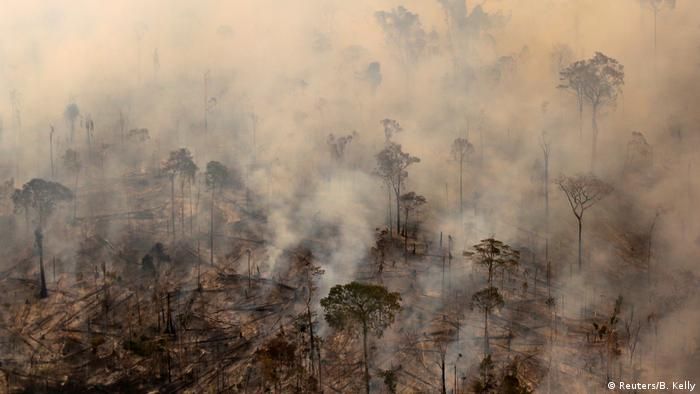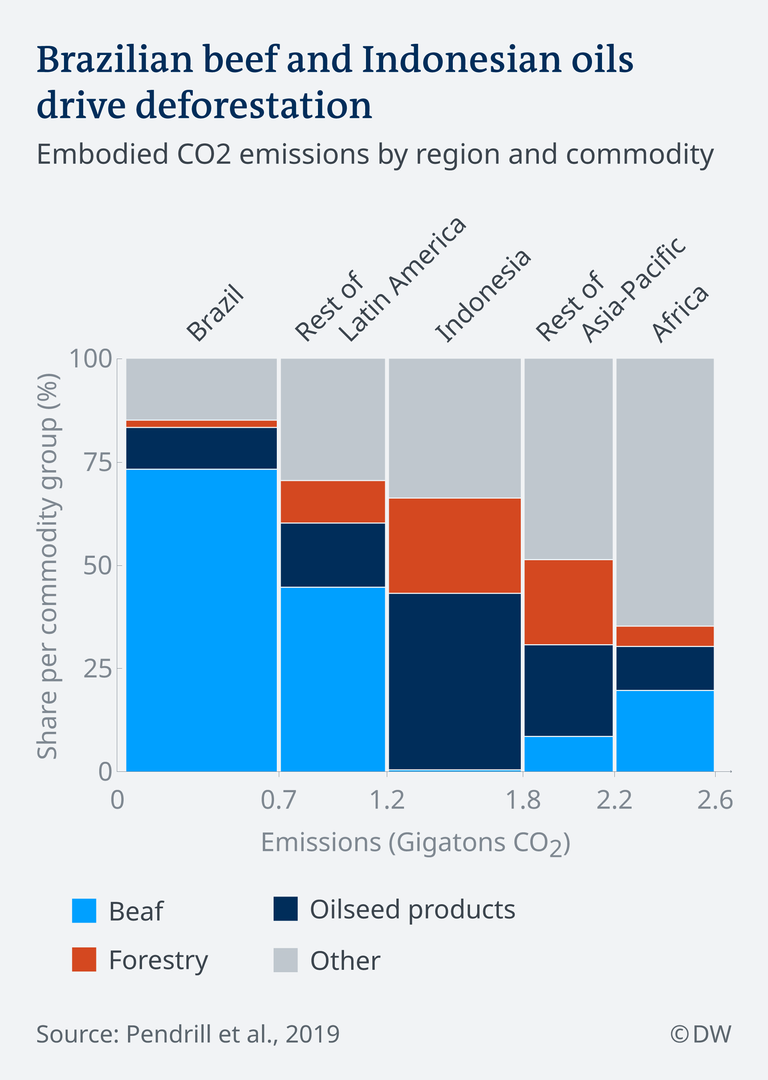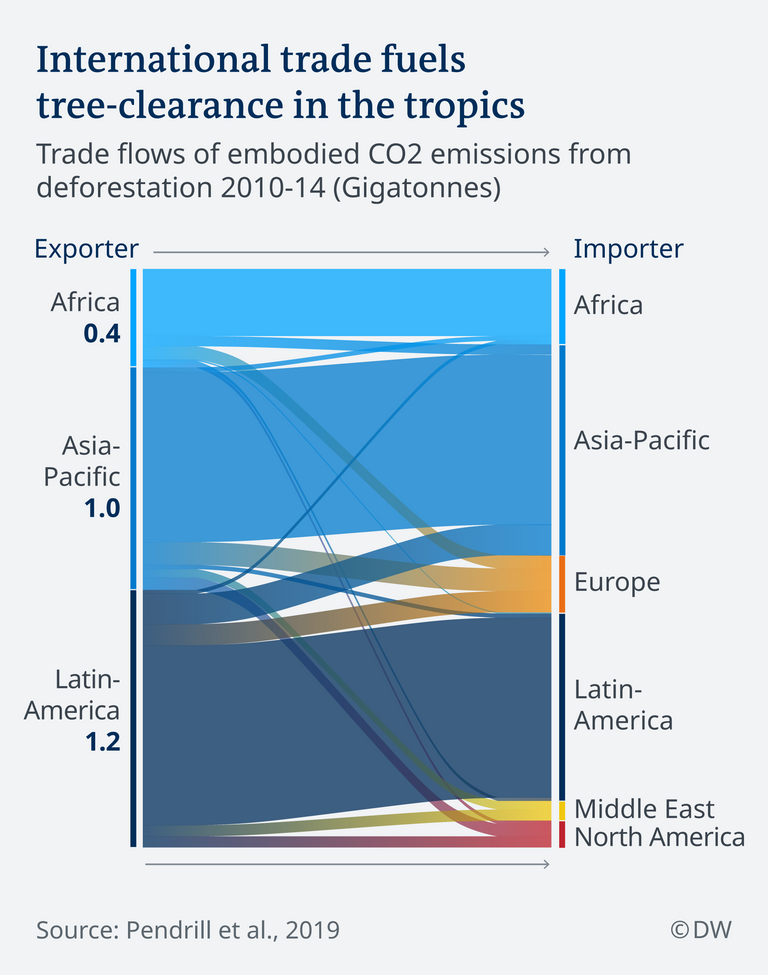
The world lost 12 million hectares of rainforest cover in 2018. Deforestation rate is recorded at an area of 30 ball fields per minute. One-third of the area or almost the size of West Java, in the form of natural rainforests. Scientists warn the fate of the Earth is increasingly on the edge.
The 2018 record is the fourth largest forest area decline since the world first recorded in 2001. The data was processed from the findings of Global Forest Watch, which uses satellite imagery and remote sensing to monitor tropical forest cover from Brazil, South America, to Ghana, Africa.

"Forests on Earth are in emergency rooms," said Frances Seymour, a World Resources Institute (WRI) researcher who also led the research team. "The health of planet Earth is at stake and patchy policies in response are not enough."
Seymour said the current rate of deforestation was a "sad loss," with tribal communities most vulnerable to loss of their homes and sources of income due to forest disappearances.
The study noted a number of new hotspots of deforestation, particularly in Africa, where illegal mining, illegal logging and expansion of brown plantations are accelerating forest destruction in green belt countries such as Ghana or Ivory Coast.
Indonesia is considered the only country that has managed to protect its forests. Deforestation has slowed over the past two years following a moratorium on deforestation issued by Joko Widodo's government. So far the paper and palm oil industry is listed as the largest deforestation actor.
"We hope this is an indication that our policies so far have had a positive impact," said Belinda Margono, Director of Forest Resource Inventory and Monitoring at the Ministry of Environment and Forestry.
The rate of forest destruction is accelerating global warming. Scientists believe forest cover on earth's surface hosts one-third of the greenhouse gases that humans produce each year. "Forests are our best defence against climate change and biodiversity loss, but deforestation is rife," said John Sauven, executive director of Greenpeace UK.

The study also recorded the greatest damage to the rainforest. Older trees are able to accommodate large amounts of CO2 emissions and that's why it's so hard to replace.
"Dramatic steps are needed to tackle the global crisis including restoring lost forests. But without stopping the rate of deforestation first, we are just chasing our own tails."
The rate of forest destruction in 2018 was lower than in the previous two years. Deforestation peaked in 2016 when the world lost 17 million hectares of tropical forest, among other things by wildfires. Scientists believe deforestation releases more greenhouse gases into Earth's atmosphere than all vehicles, ships and planes combined.
"It's vital that we protect the remaining forests," said Glenn Hurowitz, director of Mighty Earth, a global environmental NGO.